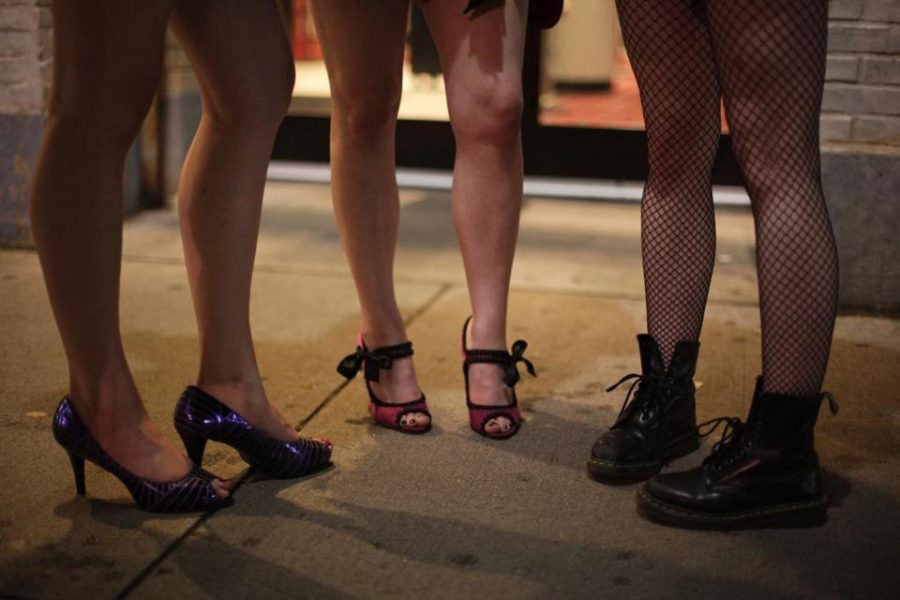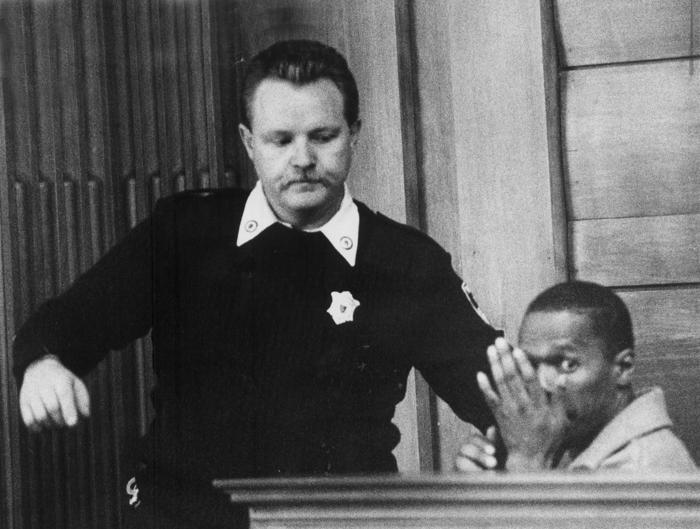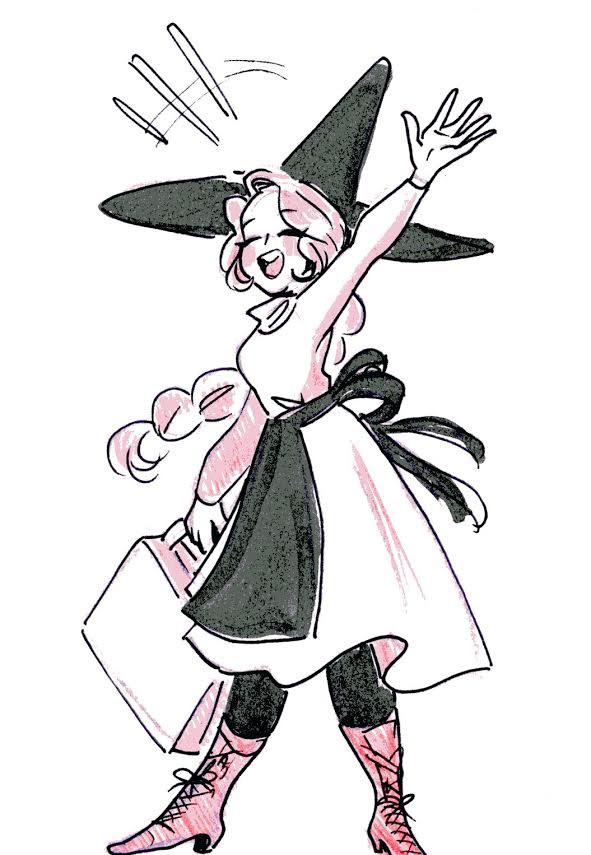By Sophia Simeone
Staff Writer
CW: sexual assault.
In a massive protest against gender-based violence, thousands of Argentinian women walked out of their jobs last Wednesday and took to the streets of Buenos Aires. Oceans of protestors, all dressed in black, marched through the city in the pouring rain, waving signs emblazoned with the names of murdered women and chanting the slogan of their movement, “Ni Una Menos” (Not one less).

The protest was organized via social media in response to the well-publicized rape and murder of 16-year-old Lucía Pérez on Oct. 8. According to chief prosecutor Maria Isabel Sanchez, Ms. Pérez was abducted outside of her high school, heavily drugged, and subsequently raped by at least two men. Ms. Pérez was one of 19 Argentinian women murdered in the first 18 days of October, according to the Secretariat of Human Rights.
“I know it’s not very professional to say this, but I am a mother and a woman, and I have seen a thousand things in my career, but never anything equal to this litany of abhorrent acts,” said Ms. Sanchez in a press statement.
The word “femicidio,” or femicide, has come to define the recent slew of fatal hate crimes perpetrated against Argentinian women. The epidemic is fueled by underfunded court systems, inadequate police training, and the pervasive culture of “machismo,” which members of the Ni Una Menos movement point to as a major source of the violence.
Machismo, or the excessive practice of masculinity, manifests itself at its most basic level in the form of routine street harassment. In the streets of Buenos Aires, men feel entitled to administer “piripos,” or public “compliments,” to passing women. In practice, these “compliments” are catcalls, wolf whistles, and lewd comments, generally practiced with impunity.
“Deep down, all women like being told a piripo,” said the mayor of Buenos Aires, Mauricio Macri, in a 2014 radio interview. “I don’t believe those who say they don’t.” At the time, his comments sparked little interest. In 2015, Mr. Macri was elected President of Argentina.
It is such attitudes that activists say excuse machismo and reinforce the institutional oppression of women. “It’s about power,” Argentinian Internet celebrity and activist Malena Pichot told The New York Times last year. “They do it because they can. People fail to understand that it is a form of violence.”
Concrete statistics regarding femicide are difficult, if not impossible, to find, as the Argentine government keeps no official tally. The only available figures are recorded by Casa del Encuenrtro, a women’s shelter based in Buenos Aires. According to its research, a total of 2,094 women were killed between 2008 and 2015. That’s one woman killed every 30 hours—and the actual number is estimated to be much higher.
In 2012, Argentina adopted a series of reforms intended to crack down on femicide, establishing harsher penalties for violent offenders. Fifteen other Latin American countries have adopted similar legislation, but critics say the laws are not being implemented effectively.
The demands of the Ni Una Menos protestors extend beyond the elimination of violent crime. Among their objectives are equal pay, extended maternity leave, childcare for working mothers, and free access to lawyers for victims of domestic abuse.
“If we don’t have economic independence, it’s impossible to stop the violence of machismo,” María Florencia Alcaraz, a journalist and member of Ni Una Menos, told The New York Times last week.
In the wake of the protests, President Macri promised to push ahead with a proposal announced in July that would establish a hotline to better report abuse, improve monitoring of known abusers, and create more women’s shelters.
Changes in law and policy are central to achieving the goals set forth by the Ni Una Menos movement. Their most critical goal, however, is represented by one of their most popular slogans, chilling in its simplicity: “Nos queremos vivir,” or “We want to live.”














